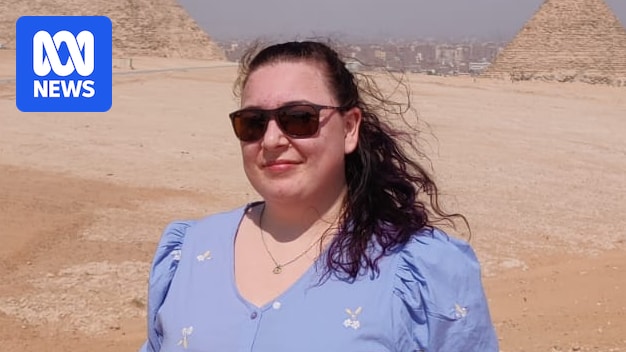
Sydney schoolteacher Hayley Reynolds always dreamed of working overseas, but intended it to be a short-term adventure. After relocating to the United Arab Emirates in 2020, the 38-year-old anticipated a two-year stint filled with travel and new experiences. However, as the cost of living in Sydney soared, Reynolds found herself extending her stay into a “financial gap year” to save enough money to eventually return home.
“Sydney is home. Sydney is where my friends and family are, and my plan was always to come back,” Ms. Reynolds shared. Upon her arrival in Dubai, she quickly realized her tax-free income of approximately $105,000 per year stretched significantly further than it would in Sydney. “It’s very counterintuitive because I know most people think that Dubai is a very expensive place to live,” she explained. “Our groceries are cheaper here, and I’m in a situation where my school provides a rental allowance.”
During her time abroad, Reynolds managed to purchase a one-bedroom apartment in Sydney’s inner west, with some financial assistance from her mother. Now, she aims to save enough over the next two years to afford the increased expenses, including about $900 in weekly mortgage repayments. “My mortgage for my one-bedroom apartment would be approximately 50 if not 60 percent of my income [in Sydney], and it just gives me that little bit of freedom,” she noted.
From the Office to the Outback
For Tim Abbott, moving from Sydney’s bustling cityscape to the rugged terrain of Western Queensland was a significant “leap of faith.” The 31-year-old former digital marketer was spending around $600 weekly on rent in Sydney’s eastern suburbs, in addition to hundreds more on tolls, gym memberships, dining out, and coffees.
“I was finding it really hard to save meaningful money, and once I kind of added up how much I was spending annually… I was like, ‘I can’t keep paying almost $40,000 a year to live in Sydney,'” Abbott recalled. This realization coincided with an opportunity to work on a rural property 700 kilometers west of Brisbane, suggested by a friend. The transition from office work to farm labor promised a generous salary and free accommodation, albeit with significant lifestyle adjustments.
“I had never worked on a farm… I’ve never done farm work before or operated machinery or driven a tractor or anything like that,” Abbott admitted. His typical workday now runs from 7 a.m. to 4 p.m., leaving his afternoons free. “The afternoon is just free time, which is lovely because you don’t have anywhere to spend the money you’re making, so the savings are incredible.”
Abbott hopes this financial gap year will help him save $100,000 for a house deposit, ultimately realizing his dream of owning a hobby farm. “I would love to own some sort of, like, estate… I’m managing my expectations, I would just love a freestanding home close to the beach somewhere, which I think is most Australians’ dreams right now,” he shared.
Great for ‘Financial Reset’, But Discipline Required
Andrew Grant, an academic at the University of Sydney Business School, notes the rising appeal of a financial gap year, particularly among those in their 20s and 30s who have the flexibility to relocate. “I think one of the great things is, you know, you’re being intentional about your finances,” Dr. Grant explained. “You’re not sort of thinking: ‘I’m just living paycheck to paycheck’… it’s sort of helping you to focus on your long-term goals.”
Dr. Grant highlighted that while such a move can reduce essential costs and curb discretionary spending, it requires self-control and a clear purpose. “Maybe I’m spending a lot more money traveling back and forth, and it’s gonna eat into the savings that I was going to be making anyway,” he cautioned.
‘Very Optimistic About the Future’
Reflecting on her future, Ms. Reynolds expressed mixed emotions about returning to Sydney. “The reality for me [is] that as long as I live over here, I will enjoy it,” she said. “But it’s not home, Sydney is home and my eventual plan was always to move back.”
Conversely, Mr. Abbott is considering extending his gap year. “I could absolutely see myself doing longer just to see how much I’m genuinely enjoying it and how much money I’m able to save,” he remarked. “I honestly reckon it’s the first time since before the pandemic that my money has value again. I’m very optimistic about the future now because the money that’s coming in, I’m able to save, and it’s really motivating and exciting.”







